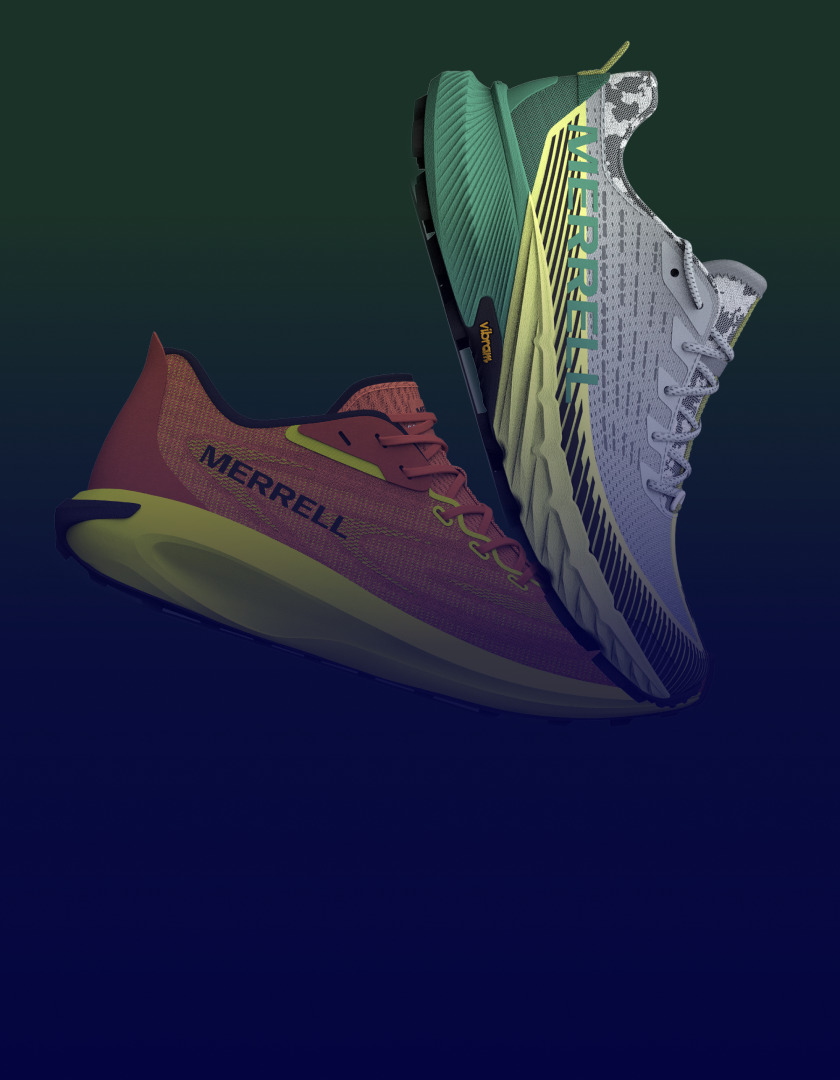How Private Label Grocery Trends Can Boost Your Brand

Historically, well-known food brands with nationwide presences have dominated food and beverage sales in grocery stores, but those days appear to be coming to an end.
A 2024 report revealed that about 20% of grocery market spend now comes from private labels, and that number is expected to rise to 25% within the next five years, reported Alvarez & Marsal Consumer and Retail Group.
Big brands have taken notice, and many have started to focus on their own private labels—sometimes known as “store brands”—as much as they do larger, more established brands.
“More than 90% of our customer households purchased Our Brands products during that time [Q2],” said Kroger CEO Rodney McMullen on a September 2024 earnings call. “Across the portfolio of Our Brands, we are expanding into new categories and launching new products with almost 600 already introduced this year.”
Private label products—once viewed as frugal and less desirable alternatives to bigger brands—now occupy a firm niche in the grocery market, and consumers are more open to private goods for their quality and innovation.
Food and beverage brands can keep pace with this evolving consumer preference by exploring these trends, and in the process, discover how to stay competitive on a playing field that’s arguably more level than ever.
The Rise of Private Label Products
Traditionally, private label products were associated with budget-conscious consumers seeking affordable alternatives to national brands.
However, the market has shifted in recent years. Many grocery retailers are now investing in premium private label lines that rival or even surpass national brands in terms of quality and innovation. Premium private label products often feature high-end ingredients, gourmet recipes, and eco-friendly packaging.
This shift is largely driven by changing consumer expectations. Shoppers today are willing to pay more for private label products that align with their values, whether it’s sustainability, ethical sourcing, or wellness.
Retailers are capitalizing on this by positioning their private label lines as an equal or superior choice to well-known national brands, with a focus on unique flavors and specialty products that cater to niche markets.
Sustainability is a Growing Priority
As sustainability becomes an ever-growing priority for consumers, private label grocery brands are meeting this demand head-on.
Sustainability is no longer a niche concern for food and beverage brands and retailers—it’s now a core expectation. From sourcing ingredients ethically to reducing plastic use in packaging, private label products appear to be leading the charge in eco-friendly grocery offerings.
Many consumers are actively choosing products that align with their environmental values, which is why private label brands are increasingly focusing on ethical sourcing, recyclable or compostable packaging, and reduced carbon footprints.
The added benefit for retailers is that these sustainable practices can build long-term customer loyalty and enhance brand reputation. As consumers grow more health-conscious and open to changing dietary standards, sustainability in food and beverage will continue to be a growth driver for private labels.
Health-Focused and Organic Private Label Goods
One of the biggest trends in private label grocery is the increasing demand for organic, non-GMO, and health-conscious products.
Consumers are not just looking for affordable alternatives anymore; they want products that contribute to their overall well-being. As a result, private label manufacturers are expanding their offerings in categories like organic produce, gluten-free snacks, plant-based proteins, and non-GMO foods.
These health-conscious products are also appealing to younger generations, such as Millennials and Gen Z, who are highly attuned to the impact of their food choices on their health and the environment.
Offering private label products that meet these needs can help retailers capture market share from national brands, especially as consumers seek out healthier and more responsible options.
The Role of Tech in Private Label Groceries
Technology is playing a pivotal role in transforming the private label grocery space. Retailers and manufacturers are increasingly using data analytics and consumer insights to innovate and respond quickly to shifting preferences. This data-driven approach allows them to create personalized product offerings, adjust inventory, and optimize pricing strategies based on real-time consumer behavior.
In addition to driving product development, technology is also enhancing the supply chain. From better sourcing practices to more efficient delivery systems, technological advancements help private label brands stay competitive in a crowded marketplace by meeting customer expectations for convenience and quality.
For many private label brands, a holistic, “single source of truth” platform like product lifecycle management software is an ideal way to manage these and other complex workflows and processes.
E-Commerce Growth
The quick-moving growth of e-commerce has opened new doors for private label grocery brands, with many retailers capitalizing on online platforms to expand their reach.
Private label products are being sold through e-commerce channels at a record pace, and retailers are tapping into the demand for online grocery shopping to offer exclusive product lines that are only available digitally.
This shift toward online shopping has also prompted innovation in areas like packaging, as brands look for ways to make products more suitable for home delivery, from durable packaging to easy-to-recycle materials. Shipping options focused on quick, efficient delivery also provide new opportunities for private label brands to deliver goods on the fly when focused on specific locations or regions.
Private Label International Growth
Private label grocery products are no longer confined to domestic markets; many retailers are expanding their private label offerings globally. This international expansion is being driven by the demand for affordable, high-quality products in new markets, as well as the appeal of local adaptations.
For instance, European grocery retailers have long dominated the private label market, but North American and Asian retailers are catching up quickly. The key to successful international expansion is understanding and adapting to local consumer preferences while maintaining consistency in product quality. Global growth offers tremendous potential for private label brands looking to diversify and tap into emerging markets.
Private Label for All
The rise of private label grocery products is part of a much larger trend that is reshaping industries well beyond food and beverage.
Across numerous sectors, private label brands are gaining momentum as consumers look for high-quality, affordable alternatives to national brands. This shift is particularly notable in industries such as beauty, fashion and apparel, home goods, and general consumer goods.
In 2023 alone, private label sales across all categories reached a record $236 billion, reported the Private Label Manufacturers Association (PLMA)—an increase of more than $10 billion from 2022.
One of the driving forces behind this trend is the increasing consumer trust in private label products. Once viewed as lower-tier alternatives, private label brands are now often perceived as comparable—or even superior—to national brands in terms of quality, innovation, and value.
This shift has allowed private label products to capture significant market share across industries, something that grocery brands and retailers can explore and leverage as the trend continues.
Transform Your Food and Beverage Product Strategy
The consumer shift in preference for private brands may seem surprising, but brands that have followed the market know the trend has been years in the making.
As the private label grocery trend continues to reshape the food and beverage industry, now is the time for brands and retailers to capitalize on this momentum. By focusing on innovation, sustainability, and meeting the evolving needs of today’s health-conscious and value-driven consumers, you can position your private label products to compete directly with national brands.
Centric Software® offers innovative and agile solutions for food and beverage brands looking to leverage these trends in private label grocery.









